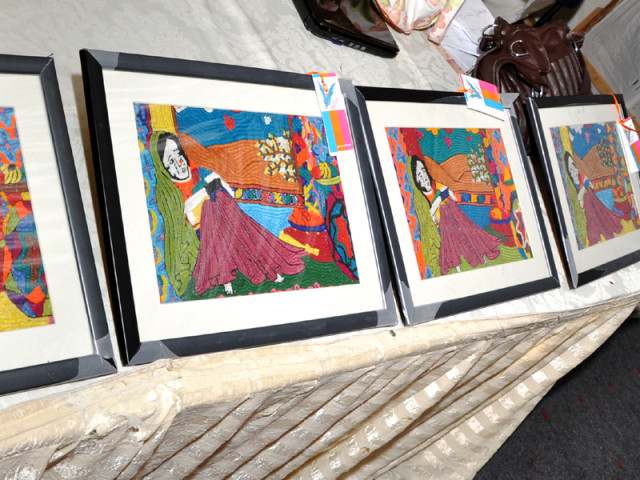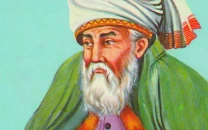Sughar Women Programme: The road to empowerment
Sughar Women Programme has provided women with an opportunity to earn a livelihood.

With magazines and newspapers reporting shocking statistics and violations of women’s rights, sometimes it seems that the status of the tribal women of Pakistan will never change. However, a social enterprise has stepped up to their defense with the aim of bringing an end to the injustice of forced marriages, honour killings and injustices.
Sughar Women Program, launched by Participatory Development Initiatives (PDI), has initiated a programme whereby tribal women are provided socio-economic opportunities. Through this initiative, women from villages can retail their handiwork and embroidery, earn a livelihood and make gradual steps towards financial freedom.
The initiative was launched in Balochistan about three years ago with women from 13 villages taken into consideration. The same programme was replicated in Sind and women from 10 villages were given the same opportunities. Interestingly enough, the enterprise will be run by women from the same background.
Regarding the scope of the project, Khalida Brohi, the director of Sughar Women Program said, “We are trying to make women from these areas more independent so that they are not oppressed and treated unkindly. Instead, we hope that they will be respected for earning a living and contributing to their household.”
On February 15, the Sughar Women Program put together a colourful event at the Palm where the intricate handwork of tribal women was showcased. Present at the exhibition were a few female workers of Sughar who had come in from interior Sindh.
Amma Zainab, a worker who had travelled from the village of Saib Khan Lashari to Karachi, had her embroidered wall hangings depicting the folktale of Umar Marvi on display. She said about her work, “I have tried to capture the colours of life in Marvi’s captivated life. No matter what people say, I believe she remained true to her land even after being captured by Umar.”
While viewing the items on display, what was surprising was that one of Zainab’s wall hangings was priced at $55 (roughly Rs5,000) while Zainab was being paid a paltry sum of Rs10,000 per month. When questioned why there was a huge difference in these amounts, Brohi jumped in and asserted, “The price tag on this bag includes many other costs that the programme has to bear. For instance, transportation costs.”
Brohi feels that the prices set are justified. She adds, “If they try selling their products on an individual basis, there will be too much exploitation and people will never pay them their rightful earnings. However, with this opportunity, they are part of a working community and with this they can finally have a say in family affairs.”
Published in The Express Tribune, February 22nd, 2012.



















COMMENTS
Comments are moderated and generally will be posted if they are on-topic and not abusive.
For more information, please see our Comments FAQ